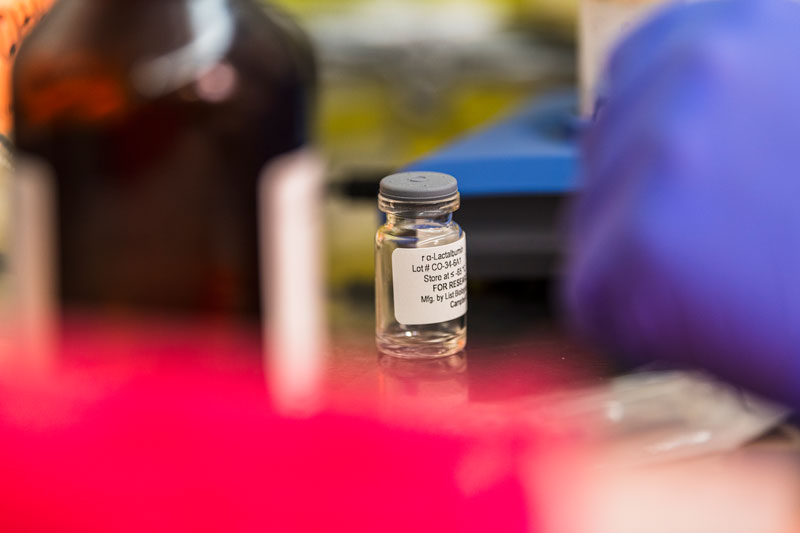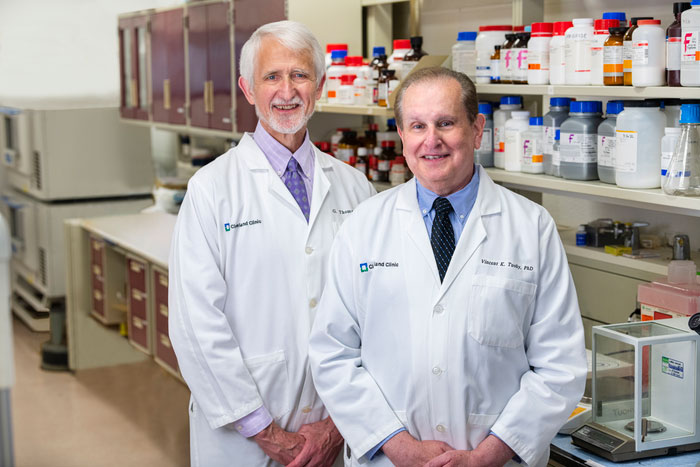A vaccine to prevent breast cancer has begun first-ever human trials
After over two decades of pre-clinical research, a first-of-its-kind vaccine to prevent breast cancer will now undergo human trials.
The vaccine, developed by Cleveland Clinic, is designed to target a protein, α-lactalbumin, commonly expressed by triple-negative breast cancers—one of the most aggressive forms of breast cancer.
The body "retires" α-lactalbumin after lactation, so it's not found in aging breast tissue. By activating the immune system to recognize the protein, the vaccine provides preemptive protection against tumors.

Dr. Vincent Tuohy, Ph.D., the primary inventor of the vaccine, first studied if activating α-lactalbumin was safe and effective in preventing tumors in mice. His pre-clinical research found that a single vaccination could prevent breast tumors in mice while also inhibiting the growth of already existing ones.
“What we’re trying to do is what we call primary prevention,” said Tuohy. “It’s actually preventing the disease from occurring—(like) it was never there to begin with. We’re not trying to prevent recurrence. We’re trying to prevent the emergence of the tumor and prevent it from ever happening.”

Trial phase
The phase 1 trials of the vaccine aims to determine the maximum tolerated dose in patients with early-stage triple-negative breast cancer and to characterize and optimize the immune system's response.
It will include up to 24 patients who have completed treatment for early-stage triple-negative breast cancer in the past three years and are currently tumor-free but at high risk of reoccurrence. They will receive three doses of the vaccination each two weeks apart and will be monitored for side effects and immune system response.
The use of the vaccine, however, could be limited. The protein it targets is a lactation-dependent milk protein, which is expressed normally when healthy breast tissue is preparing for breastfeeding.
“We are hopeful that this research will lead to more advanced trials to determine the effectiveness of the vaccine against this highly aggressive type of breast cancer,” said G. Thomas Budd, M.D., the principal investigator of the study.
Tuohy added that the vaccine strategy they are deploying could be applied to other tumor types.
"If successful, these vaccines have the potential to transform the way we control adult-onset cancers and enhance life expectancy in a manner similar to the impact that the childhood vaccination program has had," he said.


